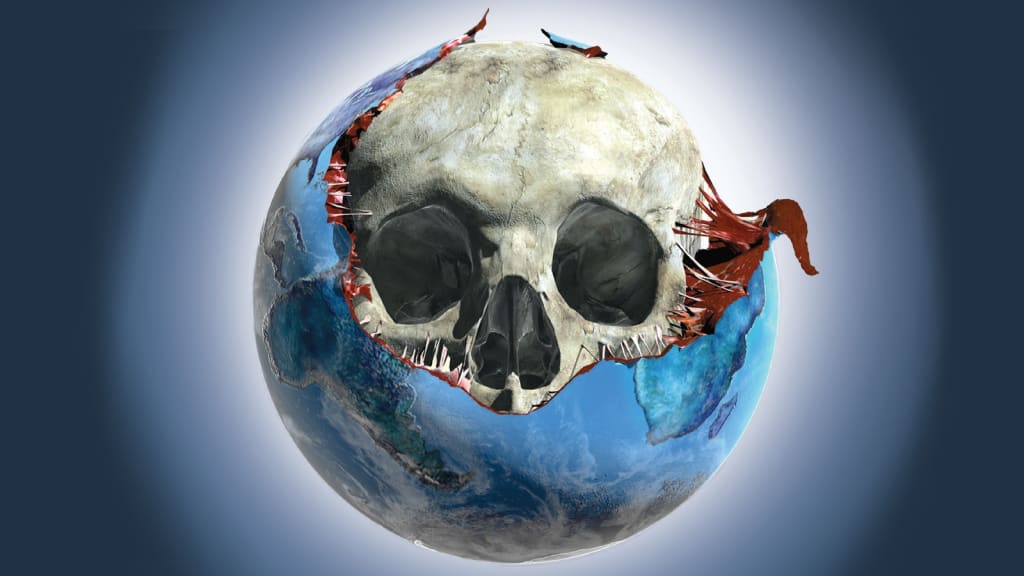The End of the World According to Different Religions:
A Comparative Study

The concept of the end of the world or the doomsday has been a topic of fascination for people for centuries. It has been a subject of discussion among various religious communities, who have their own beliefs and theories about how the world will come to an end. In this article, we will take a comparative look at the doomsday according to different religions.
Christianity: According to the Bible, the end of the world will be marked by the second coming of Jesus Christ. It is believed that before the final judgment, there will be a period of tribulation where the world will be plagued by war, famine, and natural disasters. This period will be followed by the arrival of the Antichrist, who will rule the world for a brief period before being defeated by Jesus at the battle of Armageddon. After the defeat of the Antichrist, Jesus will judge the living and the dead, and the righteous will enter into heaven, while the wicked will be cast into eternal damnation.
Islam: In Islam, the end of the world is called the Qiyamah. It is believed that before the final day, there will be a period of chaos and turmoil, and the arrival of the Antichrist, who is known as the Dajjal. The Dajjal will spread corruption and chaos throughout the world and will be followed by the appearance of the Mahdi, who will lead the faithful in a final battle against the forces of evil. After the defeat of the Dajjal, Jesus will descend to earth and will join the Mahdi in leading the faithful against the forces of evil. The final judgment will then take place, and the righteous will enter into paradise, while the wicked will be cast into hell.
Judaism: In Judaism, the end of the world is called the Olam HaBa. It is believed that before the final judgment, the world will be plagued by war, famine, and natural disasters. This period will be followed by the arrival of the Messiah, who will establish a new era of peace and prosperity. The dead will be resurrected, and the final judgment will take place, with the righteous entering into paradise and the wicked being cast into hell.
Hinduism: In Hinduism, the end of the world is called the Pralaya. It is believed that at the end of each cycle of creation, the world will be destroyed and then recreated. This process is repeated endlessly, with each cycle lasting billions of years. According to Hindu mythology, the end of the world will be marked by the final battle between the forces of good and evil. After the battle, the world will be destroyed, and a new cycle of creation will begin.
Buddhism: In Buddhism, the end of the world is called the Parinirvana. It is believed that when the Buddha achieved enlightenment, he attained a state of consciousness that transcended death. This state of consciousness is known as the Parinirvana. According to Buddhist belief, when a person attains enlightenment, they too enter into the state of Parinirvana. When all beings have attained enlightenment, the world will come to an end.
Conclusion: In conclusion, the concept of the end of the world or the doomsday is a topic that has fascinated people for centuries. Different religions have their own beliefs and theories about how the world will come to an end. While the details may differ, the underlying message is the same – that the world as we know it is finite, and that there will be a final judgment where the righteous will be rewarded and the wicked punished
About the Creator
Muhammad Sarib Ali
Sarib is an experienced Content Writer with 5 years of experience in the CNet industry. He is a creative and analytical thinker with a passion for creating high-quality content and crafting compelling stories.






Comments
There are no comments for this story
Be the first to respond and start the conversation.